Both individuals and businesses in California may be subject to tax liens if they do not pay their taxes on time. Liens may be imposed on the taxpayer’s property to satisfy the debt.
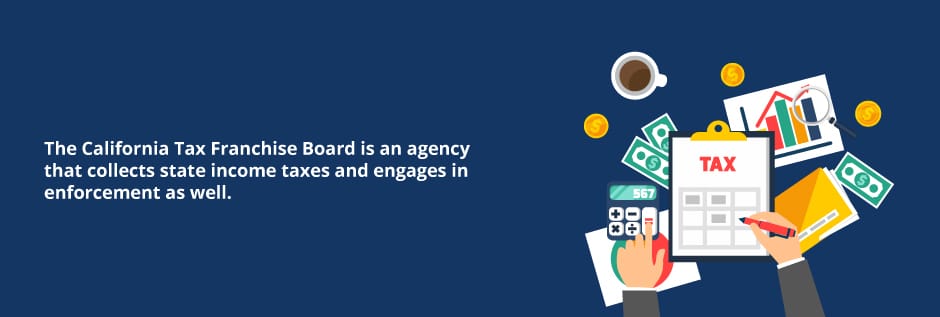
The California Tax Franchise Board is an agency that collects state income taxes and engages in enforcement as well. It is similar to the federally-operated Internal Revenue Service—but specifically for those who owe income taxes in California.
How Does a Lien Affect Me?
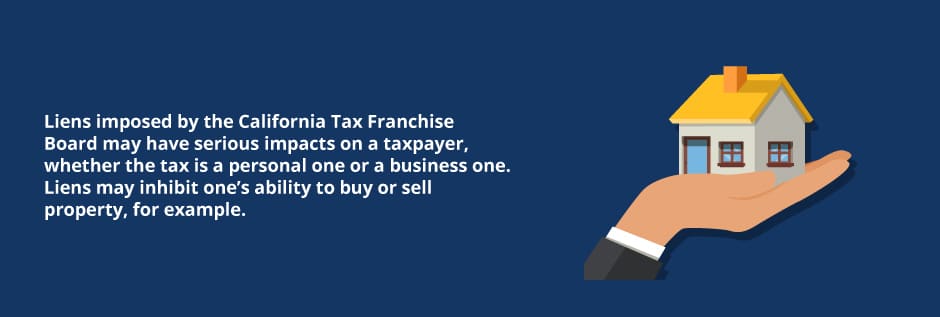
Liens imposed by the California Tax Franchise Board may have serious impacts on a taxpayer, whether the tax is a personal one or a business one. Liens may inhibit one’s ability to buy or sell property, for example.
A lien may be in effect for a period of at least 10 years. In some cases, the lien may be extended for an additional 10 years. Therefore, a lien may attach to your property for up to two decades.
Liens are public record. Tax liens imposed on individuals are filed with the county recorder’s office. Liens imposed on businesses are filed with the secretary of state.
Liens may also have a negative impact on your employment. Depending on the field you work in, a lien may cause you to miss out on employment opportunities. You may also lose your current job because of a lien.
The Lien Process
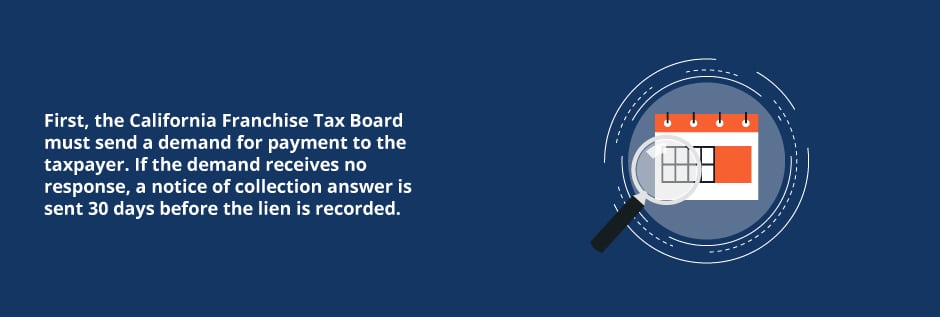
Liens do not automatically apply to your property. First, the California Franchise Tax Board must send a demand for payment to the taxpayer. If the demand receives no response, a notice of collection answer is sent 30 days before the lien is recorded. The notice provides important information to the taxpayer, such as how to challenge the lien and the deadline for doing so.
You should never ignore notices from the California Franchise Tax Board. It is wise to seek the assistance of an experienced California tax attorney as well to ensure you are not facing a lien against your property.
Avoiding the Collections Process
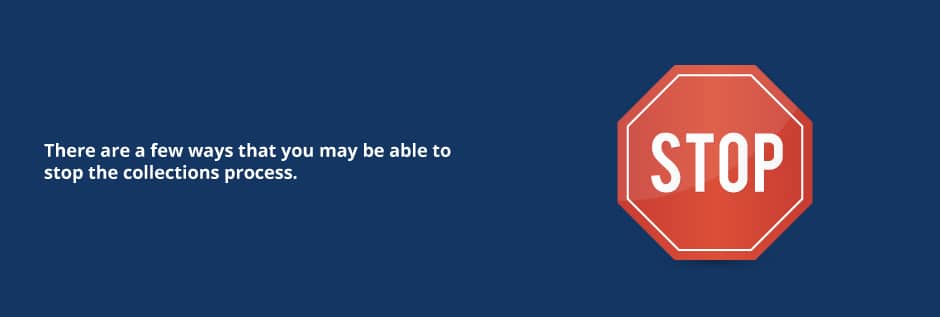
There are a few ways that you may be able to stop the collections process.
First, you may pay off the debt that you owe. In addition to the tax debt, this may also include interest, penalties, and fees. After you have paid the debt, the lien is lifted from your property within 40 days.
If you are unable to pay the debt in its entirety, you may be able to enter into an installment agreement. The California Franchise Tax Board allows such arrangements for those who meet certain financial hardship conditions. Instead of paying the debt all at once, you may be able to make monthly payments until the debt has been satisfied.
It should be noted that the lien may still be recorded, but the collections process will not begin since you are making payments. However, if you miss a payment, the agreement may be cancelled.
If you believe that the payment requested is in error, you may file tax returns or send in other proof that shows you do not have a filing requirement.
The best way to avoid the collections process is to meet with an experienced tax attorney as soon as you receive notice from the Tax Franchise Board about a possible lien. Tax matters are notoriously complicated, and with an attorney’s assistance, the process will be much easier for you or your business.
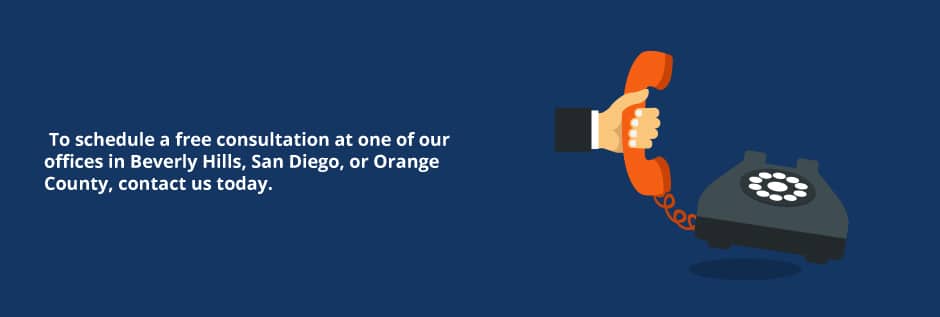
Call RJS Law Today to Schedule a Free Consultation
At RJS Law, our tax attorneys are experienced in both federal and state tax matters. We are familiar with the California liens process and have helped many clients avoid devastating impacts on their credit. To schedule a free consultation at one of our offices in Beverly Hills, San Diego, or Orange County, contact us today.

Leave a Reply